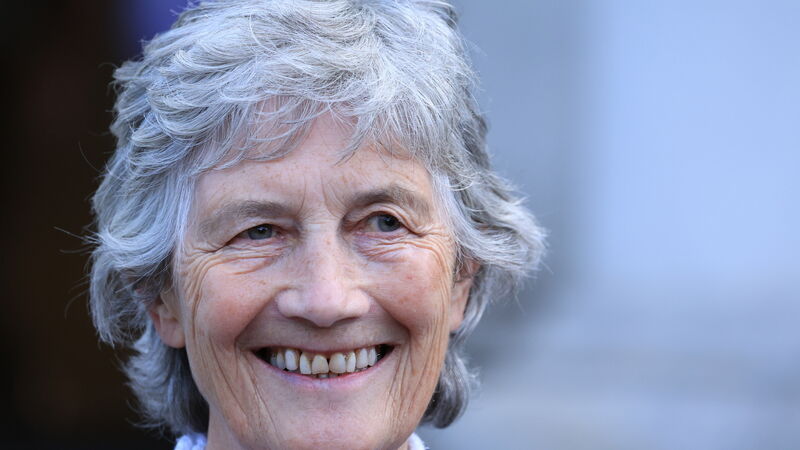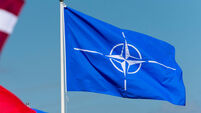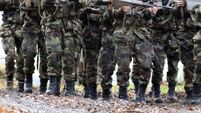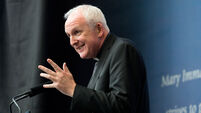Academics disagree with Catherine Connolly's 'German militarisation' comments

Catherine Connolly told the UCD Politics Society on Wednesday that people were 'absolutely championing the cause of the military industrial complex Germany' as a way to boost the economy, and said there were 'some parallels with the ‘30s'. Picture: Stephen Collins/Collins
History and politics professors have disagreed with comments from Independent presidential candidate Catherine Connolly likening current military spending in Germany to that of the 1930s.
They said the contexts were “fundamentally different”, with foreign aggression behind the rearmament under Adolf Hitler, while defence was the purpose of Germany's current spending increase.













